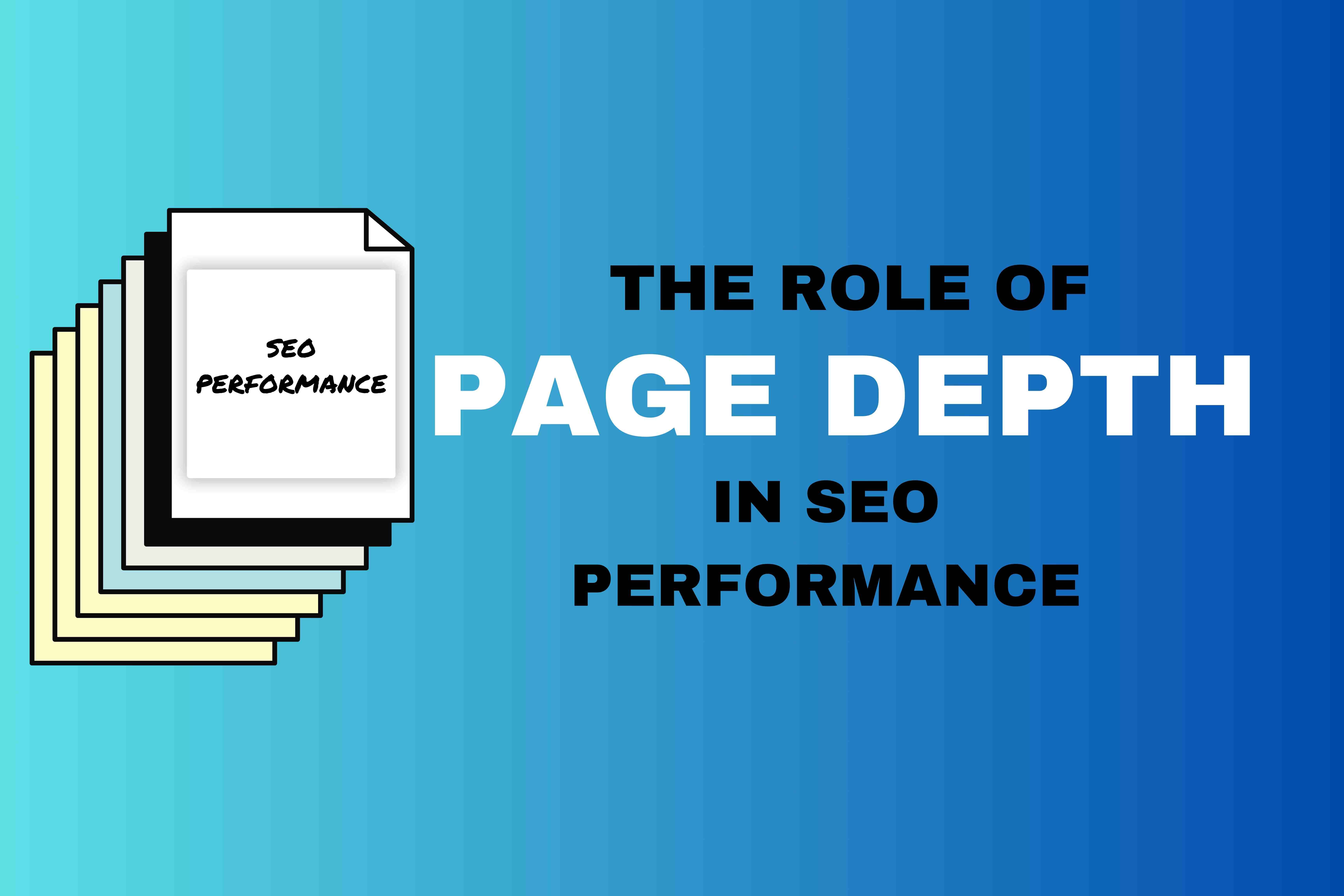Page depth is a crucial but often overlooked aspect of website structure that significantly impacts SEO performance. Page depth refers to the number of clicks or steps a user (or search engine crawler) has to take to reach a specific page from the homepage. For business owners looking to enhance their online store’s visibility and drive more organic traffic, understanding and optimizing page depth is essential for improving user experience, search engine rankings, and website efficiency.
In this article, we’ll explore the role of page depth in SEO, why it matters, and provide actionable tips to optimize your website’s structure for better performance.
Table of Contents
- What is Page Depth?
- Why Page Depth Matters for SEO
- Actionable Tips to Optimize Page Depth
- Latest SEO Trends Related to Page Depth
- Conclusion
- About Don Hesh SEO
What is Page Depth?
Page depth refers to how deep a page is within your website hierarchy. It’s determined by the number of clicks or steps required to navigate from the homepage to a specific page. For example:
- Page Depth 1: A page that is directly linked from the homepage.
- Page Depth 2: A page that is two clicks away from the homepage (via a category or another intermediate page).
In general, pages with fewer clicks to access them (shallow page depth) are more accessible for users and search engine crawlers, which can positively impact your SEO performance.
Why Page Depth Matters for SEO
Page depth is a key factor in determining how easily users and search engines can find, crawl, and index your content. If pages are buried too deep in your site structure, it can result in:
- Lower crawlability: Search engine crawlers may struggle to reach or index pages that are too deep, affecting your rankings.
- Poor user experience: If users need to click through too many pages to find information, they may abandon your site, increasing bounce rates and lowering engagement.
- Decreased authority distribution: Pages buried too deep receive less link equity (ranking power) from the homepage, which can affect their ability to rank well in search engines.
By optimizing page depth, you can improve your website’s SEO performance and enhance the overall user experience.
Actionable Tips to Optimize Page Depth
1. Keep Important Pages Close to the Homepage
One of the most effective ways to optimize page depth is to ensure that your most important pages are easily accessible from the homepage. This includes key product or service pages, high-value content, and landing pages that drive conversions.
Actionable Tip:
Link your high-priority pages directly from the homepage or a main navigation menu. This keeps them at a Page Depth 1 level, making them easily accessible for both users and search engines.
2. Improve Internal Linking Structure
Internal links play a significant role in helping search engines crawl your website and distribute link equity throughout your site. By creating a strong internal linking structure, you can reduce the page depth of important pages, making them more discoverable.
Actionable Tip:
Use internal links strategically within your content to guide users and search engines to related pages. Ensure that each important page is linked to from multiple other pages to decrease its overall depth.
3. Use a Flat Website Structure
A flat website structure ensures that most pages on your website can be reached within a few clicks. This improves SEO by making your content more accessible and easier to crawl.
Actionable Tip:
Instead of having a deep, hierarchical structure with many subcategories, aim for a flatter structure. This means fewer layers of categories and subcategories between the homepage and individual pages.
4. Avoid Creating Orphan Pages
Orphan pages are those that are not linked to from any other pages on your site, making them difficult for users and search engines to find. These pages often get overlooked by crawlers, which can hurt your SEO.
Actionable Tip:
Regularly audit your site to ensure every important page has internal links pointing to it. Use tools like Google Search Console or Screaming Frog to identify orphan pages and fix them by adding appropriate internal links.
5. Leverage Breadcrumbs for Better Navigation
Breadcrumbs are a secondary navigation tool that helps users understand their position within your website’s hierarchy. Not only do breadcrumbs improve user experience, but they also help search engines understand the structure of your site.
Actionable Tip:
Implement breadcrumb navigation on your website, especially if it has many layers of categories. This reduces perceived page depth by allowing users to quickly navigate back to higher-level pages, and it can also help distribute internal link equity.
Latest SEO Trends Related to Page Depth
1. Prioritizing User Experience
Google’s algorithms increasingly prioritize user experience when determining search rankings, and page depth plays a crucial role in that experience. Pages that are easier to find and navigate contribute to better engagement metrics like lower bounce rates and higher time on site.
Trend Tip:
As part of improving page depth, focus on creating a streamlined and intuitive navigation system that minimizes the number of clicks required to access essential content.
2. Mobile-First Indexing
With Google’s mobile-first indexing policy, it’s essential to ensure that your website’s mobile version provides a seamless experience. Pages that are too deep on mobile can frustrate users and cause them to leave, negatively affecting your SEO.
Trend Tip:
Test your website’s structure on mobile devices to ensure that all key pages are accessible with minimal clicks. Use tools like Google’s Mobile-Friendly Test to identify any issues with mobile navigation.
3. Structured Data and Page Depth
Structured data, such as schema markup, helps search engines better understand the content on your site and can improve the visibility of deeper pages in search results. Implementing structured data can ensure that even pages with higher depth are properly indexed and understood by search engines.
Trend Tip:
Use structured data to enhance the visibility of deep pages, such as FAQ sections, product listings, and service details. This can increase their chances of appearing in rich search results, improving your SEO performance.
Conclusion
Page depth is a critical factor in determining the SEO performance of your website. By keeping important pages closer to the homepage, improving internal linking, and ensuring a flat website structure, you can enhance both user experience and search engine crawlability. Staying up-to-date with the latest SEO trends, such as mobile-first indexing and structured data, will help ensure your website remains optimized for search engine visibility.
About Don Hesh SEO
Don Hesh SEO is a leading SEO consultant and Google Ads consultant dedicated to helping businesses enhance their online presence and drive organic traffic. Our expertise in AI-driven SEO strategies ensures that your business stays ahead of the competition. Partner with SEO Sydney to leverage the latest AI technologies and achieve your SEO goals efficiently and effectively.



